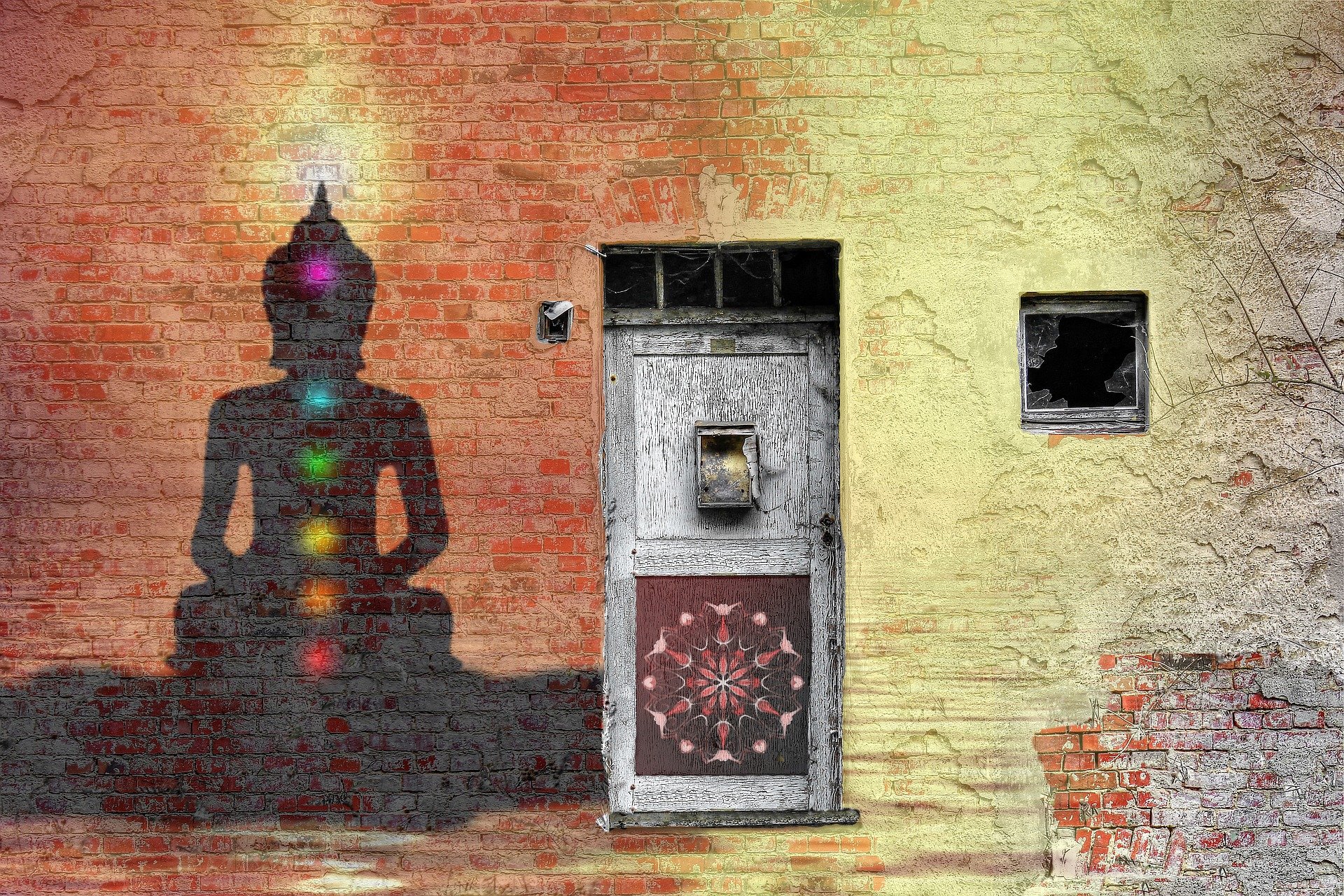Holistic Therapies: Ancient Wisdom for Modern Wellbeing
In a world marked by fast-paced lifestyles, stress, and the constant pursuit of convenience, the search for holistic approaches to wellness has gained significant momentum. Holistic therapies, rooted in ancient wisdom, offer a comprehensive and integrative approach to promoting health and wellbeing on all levels—mind, body, and spirit. These time-tested practices provide a unique lens through which to view and address modern health challenges. In this article, we delve into the realm of holistic therapies, exploring their origins, principles, and the ways in which they can contribute to modern wellbeing.
Understanding Holistic Therapies
Holistic therapies embrace the philosophy that individuals are complex and interconnected beings, influenced by physical, emotional, mental, and spiritual dimensions. These therapies recognize that achieving optimal wellbeing involves addressing the underlying causes of imbalance rather than merely treating symptoms.

Ancient Wisdom for Modern Wellbeing
Ayurveda: Originating in India, Ayurveda is a holistic system of medicine that focuses on balancing the body's energies (doshas) through lifestyle, diet, herbs, and therapies.
Traditional Chinese Medicine (TCM): TCM includes acupuncture, herbal medicine, and qigong, aiming to harmonize the body's vital energy (qi) and balance opposing forces (yin and yang).
Yoga: Rooted in ancient Indian philosophy, yoga combines physical postures, breath control, and meditation to promote physical, mental, and spiritual balance.
Meditation: Practiced in various forms across cultures, meditation fosters mindfulness, reduces stress, and enhances self-awareness.
Homeopathy: Based on the principle of "like cures like," homeopathy uses highly diluted substances to stimulate the body's innate healing abilities.
Energy Healing: Modalities like Reiki and Healing Touch channel healing energy to restore balance and promote wellbeing.
Benefits of Holistic Therapies
Holistic Wellness: Holistic therapies address the root causes of imbalance, supporting overall wellbeing and vitality.
Individualized Care: Therapies are tailored to the individual's unique constitution and needs.
Stress Reduction: Holistic therapies promote relaxation, reduce stress, and support emotional balance.
Enhanced Vitality: These practices can boost energy levels, enhance immunity, and promote optimal organ function.

Incorporating Holistic Therapies into Modern Life
Consult a Practitioner: Seek guidance from trained practitioners who can assess your needs and recommend appropriate therapies.
Mindful Living: Embrace mindfulness practices, such as meditation and breathwork, to reduce stress and enhance self-awareness.
Balanced Nutrition: Adopt principles of Ayurveda or TCM to support balanced and nourishing dietary choices.
Holistic Self-Care: Incorporate practices like yoga, energy healing, or herbal remedies into your self-care routine.
Sources
- "Holistic Medicine: What It Is, Treatments, Philosophy, and More" - Healthline: https://www.healthline.com/
- "Ancient Holistic Healing Therapies You Should Know" - Verywell Health: https://www.verywellhealth.com/
- "Exploring the Benefits of Mindfulness" - American Psychological Association: https://www.apa.org/
Holistic therapies offer a bridge between ancient wisdom and modern wellbeing, providing a holistic framework to address the complexities of human health. By incorporating practices that honor the interconnectedness of mind, body, and spirit, individuals can tap into the transformative potential of these therapies to achieve optimal health and vitality. As you embark on your holistic wellness journey, remember that these ancient practices offer a timeless and powerful pathway to achieving balance and harmony in the modern world.